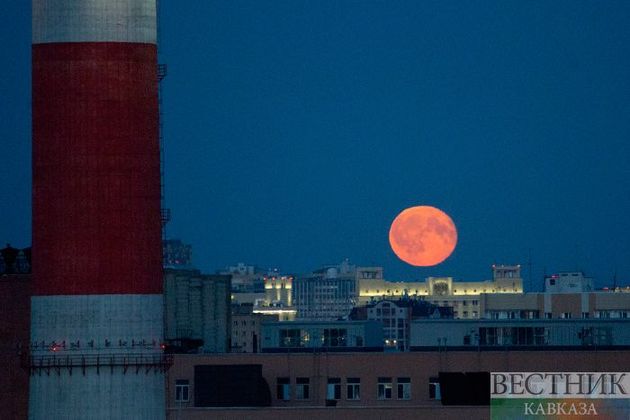New research is challenging the image of a “dry” Moon. Many astronomers believe our lone satellite is devoid of volatile elements such as carbon, which would have burned off in the superheated collision between Earth and a Mars-size object that formed the Moon, Science Mag informs.
But a new study from Japan’s Kaguya lunar orbiter (seen in an artist’s rendition above) finds that carbon ions are ubiquitous across much of the Moon’s surface, researchers report this week in Science Advances. According to the Science Mag, the uneven distribution—ions were more common along the Moon’s dark, basaltic plains—rules out external sources such as solar winds or micrometeoroids, suggesting that the Moon has its own internal carbon.






